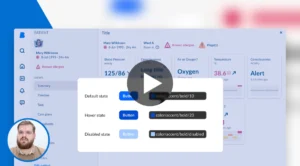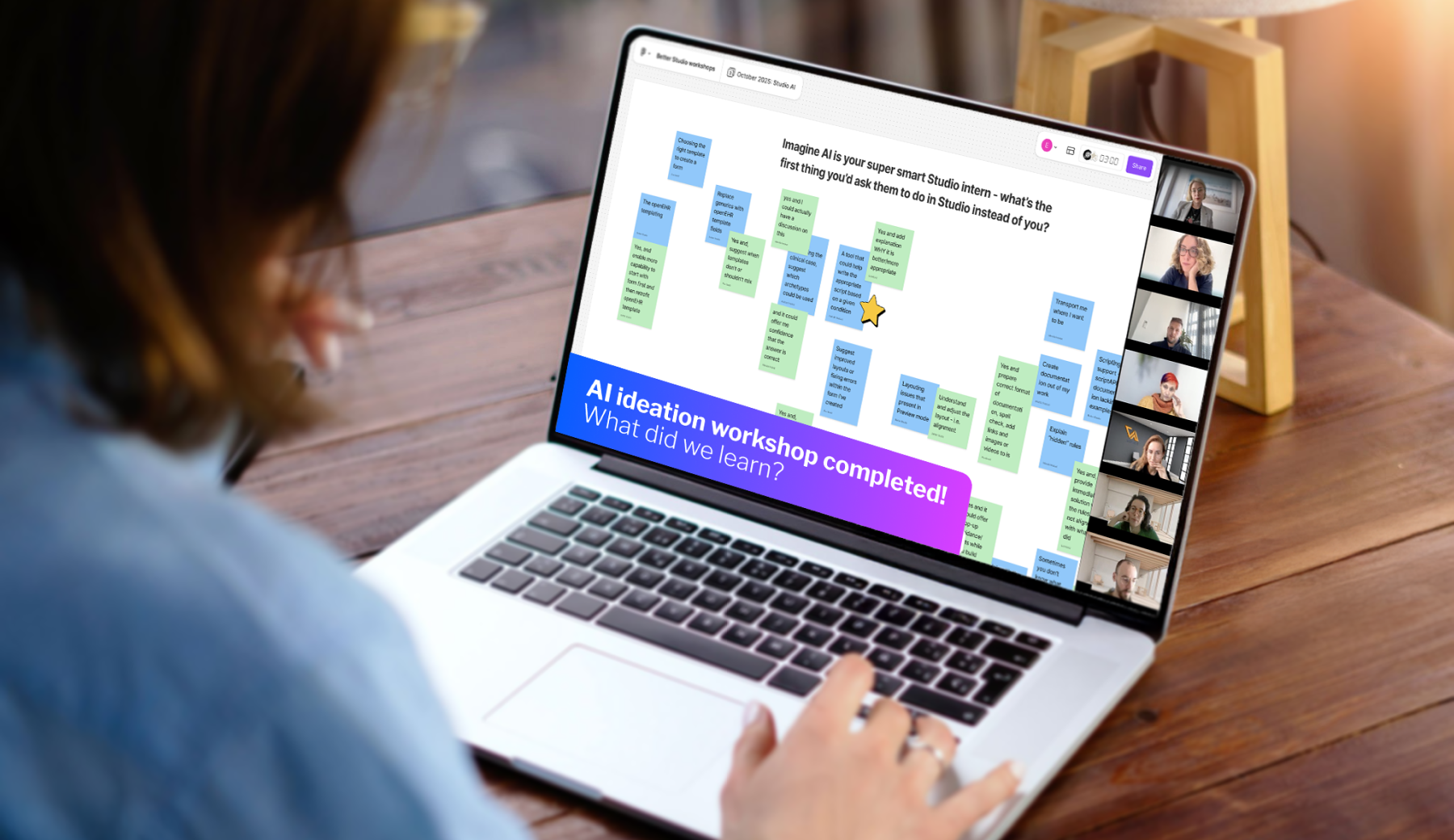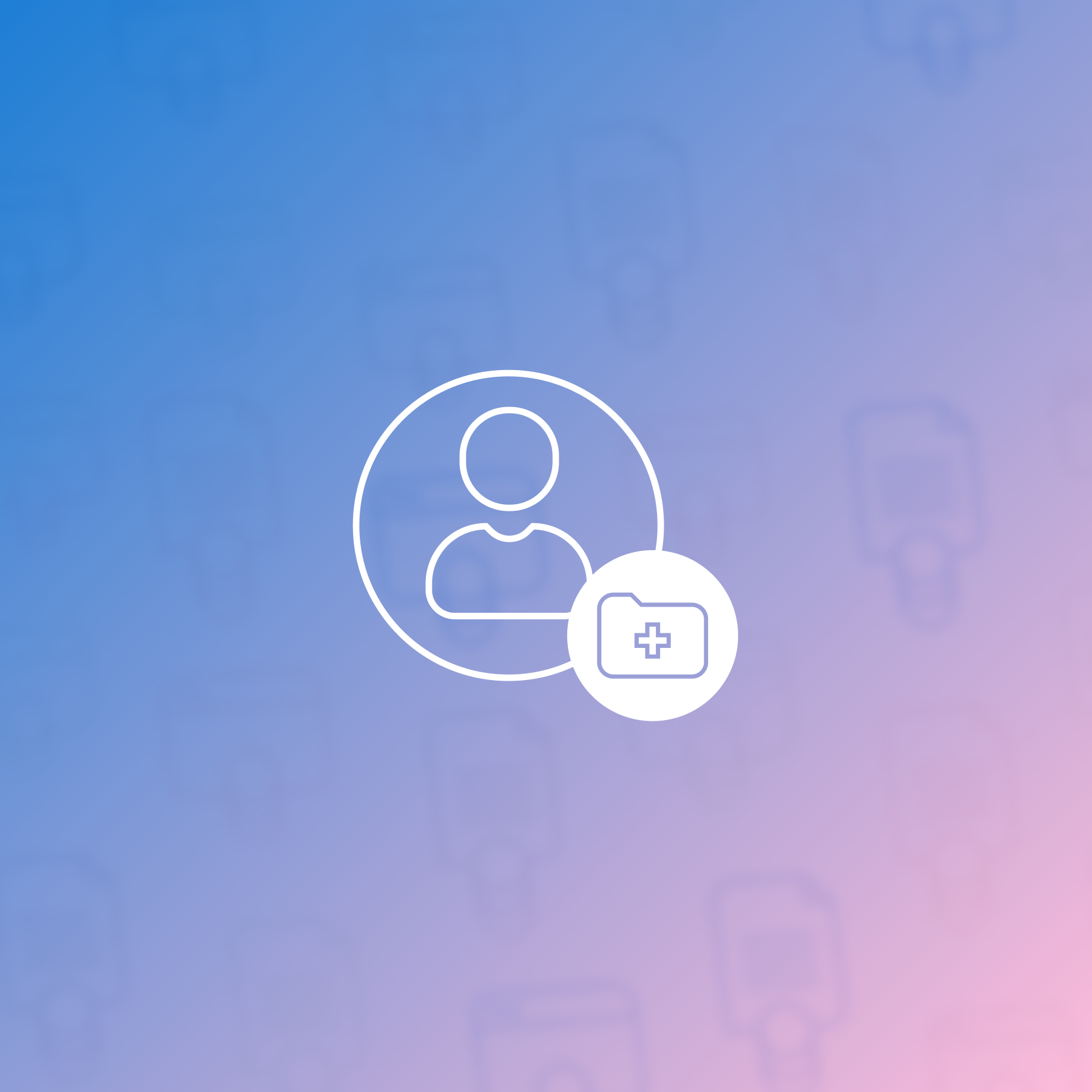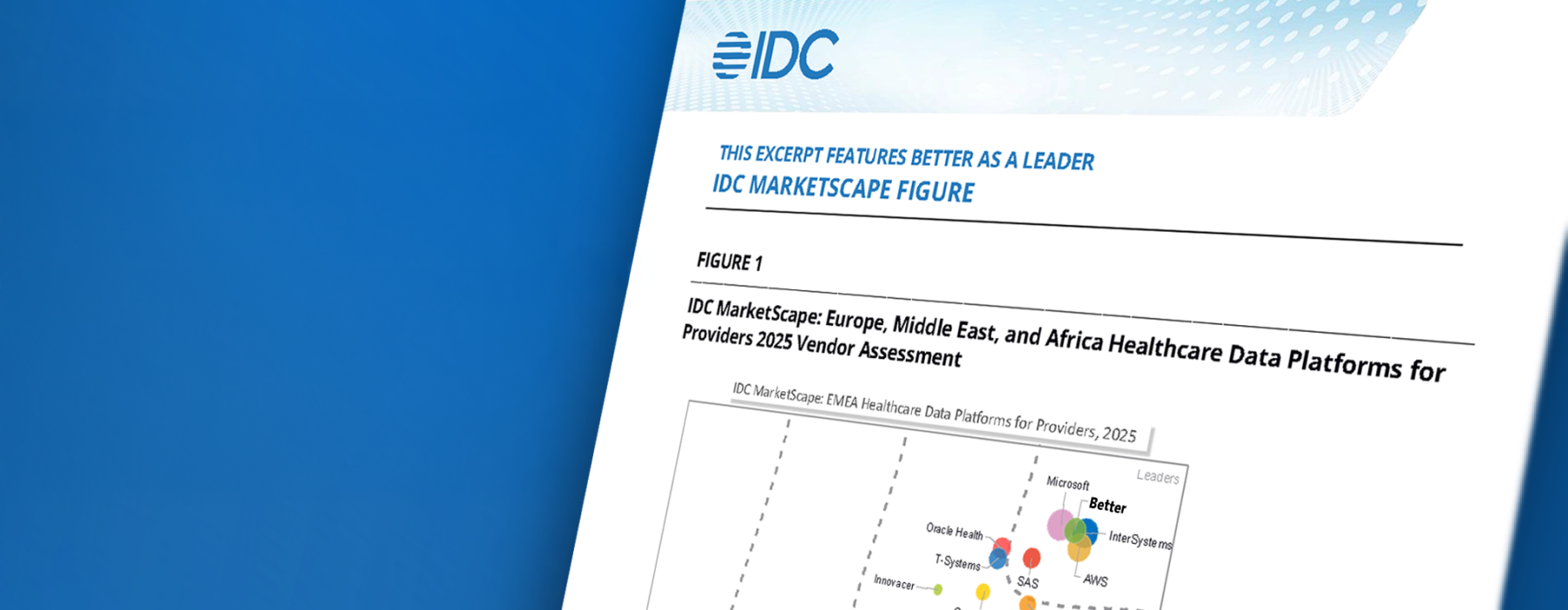While much of the buzz around AI centres on chatbots, image generation, and productivity tools, some of the most profound impacts are happening in a field that touches all of us: healthcare. But AI in healthcare is not just a tool for efficiency; it is becoming a partner in care. As the technology matures, its potential to improve outcomes, reduce costs, and make healthcare more accessible continues to grow.
We are watching AI reshape healthcare. Here is what we are learning about the biggest trends, toughest challenges, and what it means for all of us.
AI is already changing how we care for each other
AI in healthcare is reshaping how we diagnose, treat, and manage disease. Machine learning models are now capable of detecting conditions like cancer, heart disease, and diabetic retinopathy earlier and more accurately than traditional methods. These models analyse vast datasets (medical images, patient histories, genetic information) to uncover patterns that even seasoned professionals might miss.
Natural language processing (NLP) is streamlining clinical workflows by automating documentation, summarising patient records, and even assisting in decision-making during consultations. This not only saves time but also reduces burnout among healthcare workers.
Generative AI is also making waves in drug discovery. By simulating molecular interactions and predicting compound efficacy, it is accelerating the development of new treatments, cutting years off traditional R&D timelines.
And then there is personalisation. AI in healthcare enables the creation of tailored treatment plans based on a patient’s unique genetic makeup, lifestyle, and medical history. This shift from reactive to proactive care is one of the most exciting frontiers in the field of medicine.
Of course, challenges remain: data privacy, ethical use, and regulatory hurdles. We have already touched on some of these subjects in the past, as the Better team is well aware of the challenges artificial intelligence in healthcare poses.
However, the trajectory is clear: As AI tools are going to become more and more prominent, institutions and companies will have to consider their use, the implications of such use, and how to avoid so-called “tech fallacies and hallucinations”. AI in healthcare is, at this point, inevitable, but to be used with caution.
We are not replacing systems; we are expanding and enhancing them
Rather than disrupting healthcare systems, AI is being structured to enhance and integrate with existing workflows. This approach respects the complexity of legacy systems and focuses on interoperability, making it easier for hospitals, clinics, and public health organisations to adopt AI without overhauling their entire tech stack. The emphasis is on augmenting human expertise, not replacing it.
Healthcare systems around the world continue to be ever-expanding puzzles. Each piece has a function and place, filling out the image we are building together: patient-centric, data-driven, interconnected.
To reiterate: AI in healthcare is just another piece to the healthcare puzzle. It helps us optimise administrative burdens, shorten waiting periods, suggest alternative treatments, flag potential conflicts in effects and efficacy of medication, prevent health risks and escalate cases where more attention is needed.
All of this is expanding and enhancing the systems already in place, making it even easier for healthcare providers to focus on the patients’ needs, bringing the human factor to the frontline, without overworking every element of the chain.
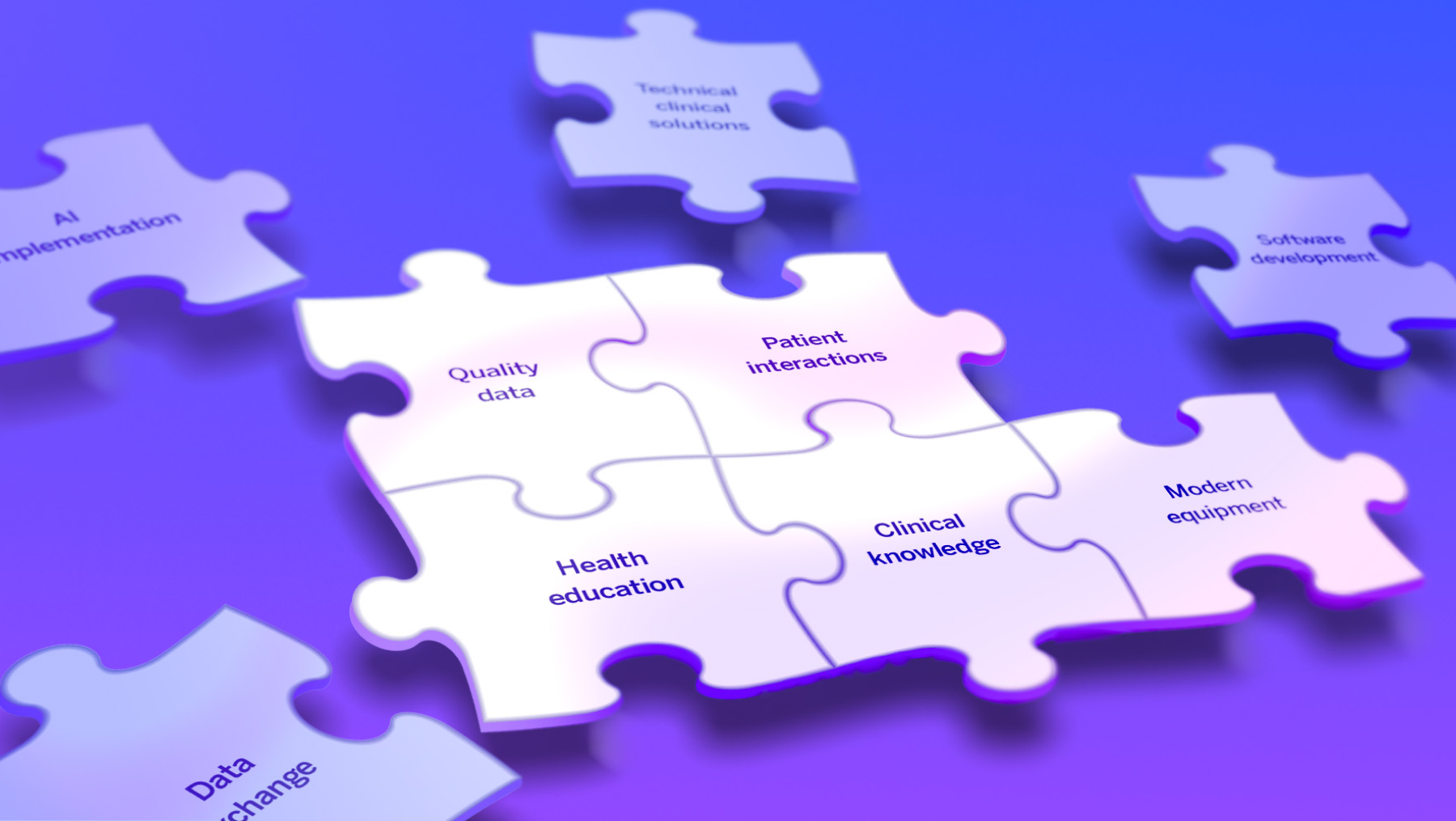
Human-in-the-loop development for safer AI applications
In healthcare, the stakes are high, so keeping humans in the loop is essential. Active participation in the design and development process by clinicians and healthcare providers is crucial to achieving results and identifying issues early in the process.
When we talk about care and collaboration, we need AI tools to be designed in a way that supports contextual decision-making. This means that software developers need to ensure they keep clinicians in the loop of what is being developed and tested, keeping them at the forefront before launching new AI tools and applications.
This ensures that AI recommendations are interpretable, accountable, and aligned with medical ethics, especially in diagnostics, treatment planning, and patient communication.
Testing, prompting, and piloting: The new AI development lifecycle
As developers create spaces for clinicians to be directly involved in the design and direction of AI solutions in healthcare, they can focus on the next important aspect of AI implementation: rigorous testing and pilot phases.
Implementing AI applications, expansions and features without due process can expose us to misinformation, hallucinations, data exposure, and privacy breaches. Our focus should always be to minimise these risks.
Prompt engineering and how instructions are written for AI models are emerging as a critical skill, as they directly affect the accuracy and relevance of AI outputs. These lifecycles mirror clinical trials in their cautious, iterative approach to deploying new technologies.
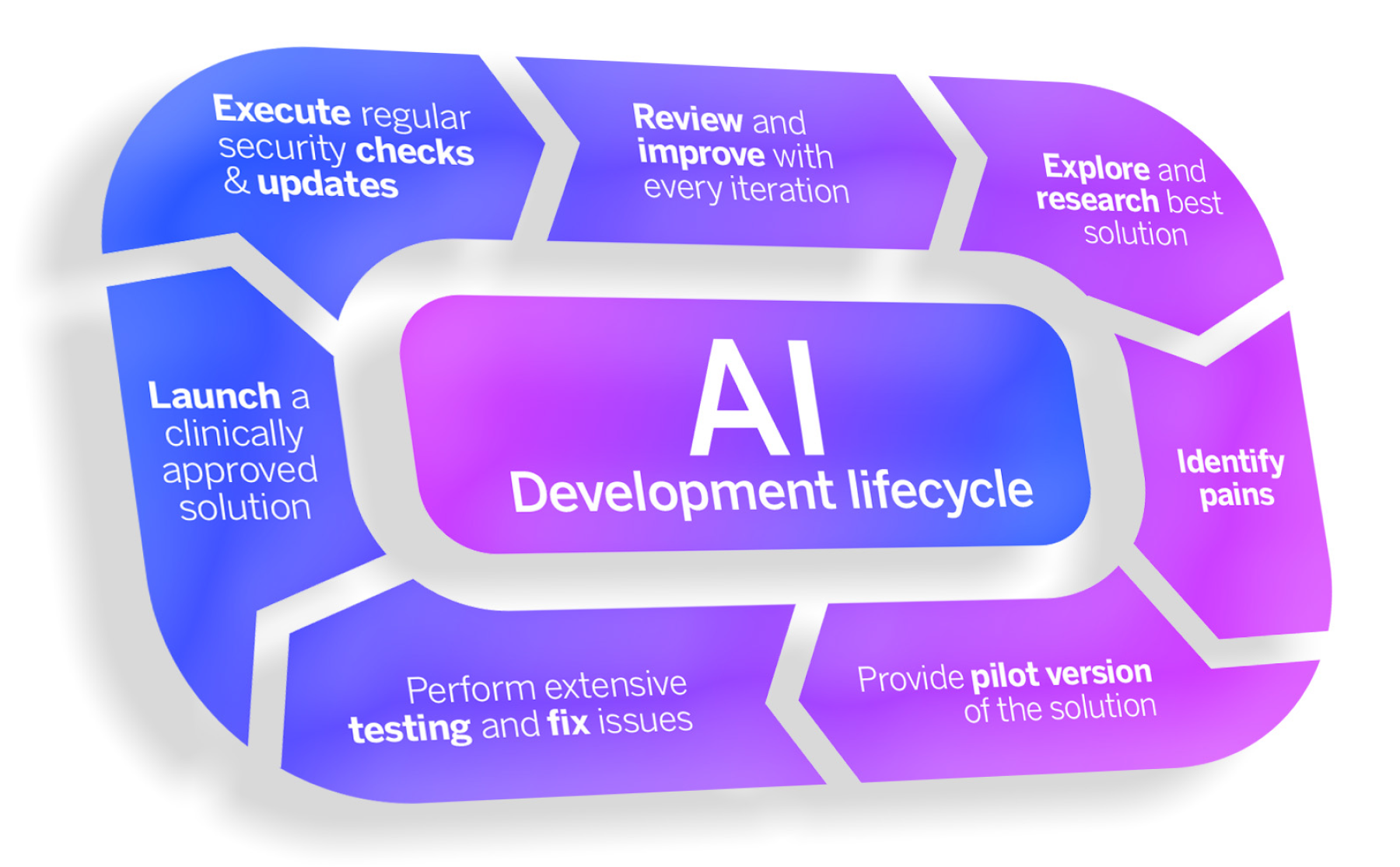
Transition from passive tools to active problem solving
AI systems that can act autonomously within defined boundaries are gaining traction in the healthcare sector. These agents can collaborate, revise outputs, and even exchange information across models to deliver more refined results.
In healthcare, this could mean AI agents working together to analyse patient data, suggest treatment options, and flag anomalies, all while maintaining quality control and transparency.
As these systems evolve, they may begin to take on more complex tasks, such as coordinating multidisciplinary care plans, monitoring patient progress in real-time, and adapting recommendations based on new data inputs. The potential for AI agents to work in tandem with human teams opens up new possibilities for hybrid intelligence, where machines and people co-create solutions that are both scalable and deeply personalised.
This shift from passive assistance to active problem-solving marks a turning point in how we think about AI not just as a tool, but as a collaborator in care.
Better AI, better care
The AI revolution in healthcare is not about replacing professionals or systems, it is about empowering them. From diagnostics to logistics, from drug discovery to patient engagement, AI is becoming a trusted partner in care. But to unlock its full potential, we need thoughtful implementation, ethical oversight, and a commitment to keeping humans at the centre of every decision.
At Better Studio, we are exploring how these technologies can be responsibly integrated into real-world healthcare environments. If you are curious about how AI in healthcare can support your organisation’s mission to deliver better care, check out our latest work and join the conversation.











